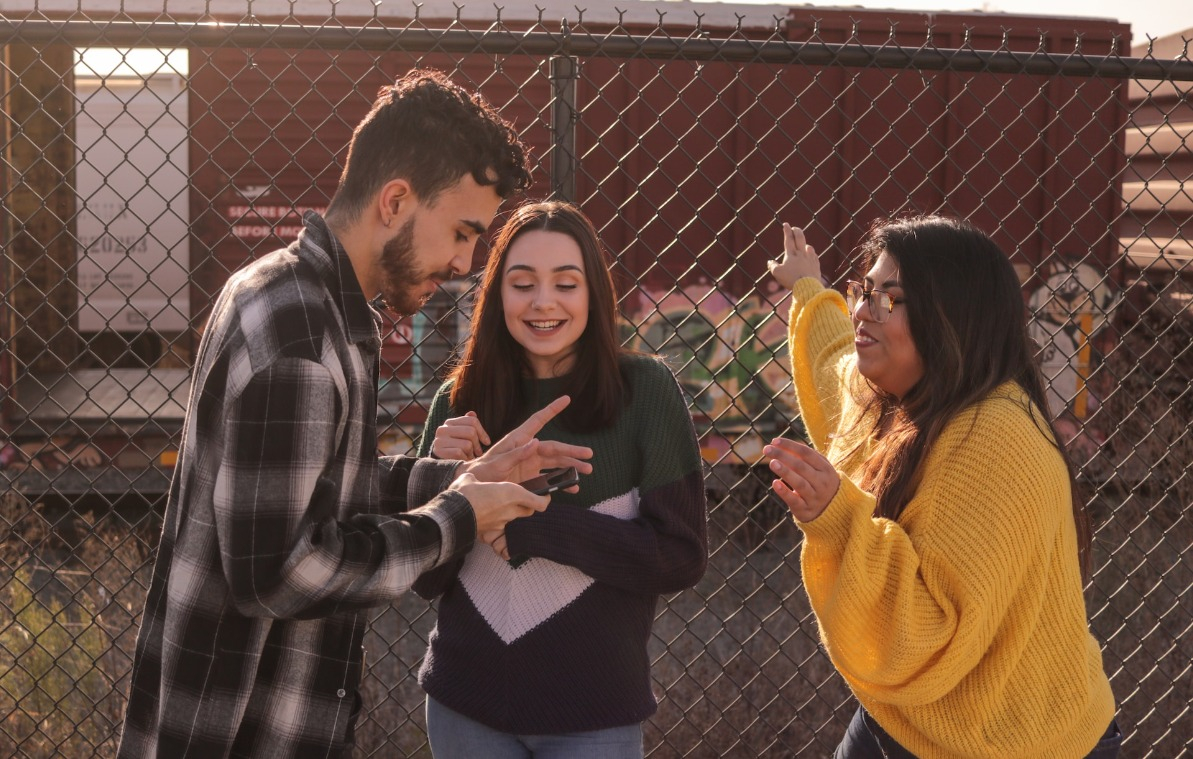What Brands Can Learn From Existing Web3 Projects
Use these key takeaways from recent successes to help you launch your own brand’s web3 project

Web3 is opening up a new frontier for brands and businesses through digital collectibles. These collectibles are not just innovative assets; they serve as a medium for deeper customer engagement, brand storytelling, and community building.
However, if you’ve never launched collectibles before, it can be challenging to figure out the most important lessons.
So, in this article, we’re deconstructing the most famous projects and listing the most important takeaways to make the initial foray into web3 a successful and transformative opportunity.
Subscribe to get our best content in your inbox
By clicking “Submit” you agree to Dibbs
Privacy Policy and
consent to Dibbs using your contact data for newsletter purposes.
Adidas x Moncler: Tap Into New Audiences with Brand Partnerships
The Adidas and Moncler collaboration, "The Art of Explorers," merges fashion with art and technology, featuring AI-generated adventurers and mixed media sculptures.
This campaign, evolving from Moncler's "Art of Genius" show, includes an immersive digital experience on Moncler's website and a limited edition of 3,000 free NFTs, showcasing the Moncler x Adidas Originals NMD collaboration boot.
The collaboration between Adidas and Moncler offers a valuable marketing lesson in leveraging brand synergies to expand market reach and enhance brand prestige. By partnering with Moncler, a luxury outerwear brand, Adidas could venture into the high-end fashion market, while Moncler could appeal to a more casual, sporty demographic.
Musée d’Orsay: Evolve With Time to Stay Relevant
The Musée d’Orsay in Paris partnered with the Tezos Foundation to integrate blockchain technology into their art exhibitions. This initiative involved creating and offering NFT-based digital souvenirs, such as augmented reality artworks and original digital pieces, related to specific exhibitions.
What’s more, these NFTs also include gamified elements that offer holders the ability to obtain unique rewards like lifetime passes to the museum.
This initiative by the Musée d’Orsay serves as a valuable lesson for brands seeking to adapt and thrive in changing times. In the face of reduced visitors due to the pandemic, the museum's strategic integration of NFTs modernized its image and helped attract a younger and more contemporary audience.
Lufthansa Group: Add Elements of Gamification To Unlock Loyalty
Lufthansa Group launched an NFT-based loyalty program called Uptrip, allowing passengers to collect digital trading cards when flying with its airlines. These cards, themed around destinations and aircraft, can be collected to unlock special perks like free in-flight Wi-Fi, lounge access, and redeemable airline miles.
Lufthansa's NFT-based loyalty program demonstrates a crucial marketing lesson: the power of gamification in incentivizing repeat purchases and fostering customer loyalty.
By turning the collection of digital trading cards into a game where passengers earn rewards for flying, Lufthansa has created an engaging system that encourages customers to choose their airlines more frequently.
This approach works flawlessly as it taps into the natural human desire for achievement and gets customers invested in the rewards and recognition they can earn through continued engagement with the brand.
McDonald's: Create a Sense of Exclusivity for Ongoing Engagement
McDonald's introduced a special NFT giveaway consisting of 2,000 unique NFTs featuring Grimace in various expressions and styles. These digital collectibles were exclusively accessible through the McDonald’s mobile app in Singapore and were created as non-tradable, non-transferable tokens that promised exclusive rewards to holders in the future.
By offering exclusive NFTs, McDonald's cultivated a personal connection with customers and encouraged ongoing interaction with the brand. Furthermore, they also created a buzz around their brand with the anticipation of future rewards, which further amplified their reach and customer engagement.
British Museum: Offer Immersive Experiences To Stand Out
The British Museum is venturing into the metaverse by partnering with The Sandbox, an Ethereum-based virtual world. This collaboration involves creating a range of NFT digital collectibles in conjunction with the museum’s licensing partner, LaCollection.
These collectibles aim to reflect the diversity of The British Museum's collections and offer new immersive experiences. Additionally, the museum plans to establish its own interactive space within The Sandbox, joining other cultural icons in this virtual realm.
By creating NFTs and establishing a virtual space in an Ethereum-based world, the museum is not just showcasing its collection but is also offering a new, immersive way to experience art and history. This strategy transforms the traditional museum visit into a dynamic, interactive digital adventure, appealing to a global audience and particularly to younger, tech-savvy generations.
For brands, this highlights the effectiveness of immersive digital experiences in capturing the interest of consumers, offering them a novel way to interact with and understand a brand's heritage or products.
Create and Launch Digital Collectibles Effortlessly with Dibbs
As we've explored various successful web3 projects, it's clear that digital collectibles offer a unique opportunity for brands to engage with their audience in innovative ways.
Whether it's through collaborative brand partnerships, gamification, creating exclusive experiences, or immersive digital environments, these strategies are pivotal in building a strong, interactive, and loyal customer base in the evolving digital landscape.
For brands looking to venture into this space, Dibbs provides a seamless solution for tokenizing assets. We cater to a range of sectors including sports, music, entertainment, toys, and luxury goods and take care of everything from minting the asset to providing a great redemption experience for users. To learn more about how Dibbs can help tokenize your assets, schedule a demo with us.

